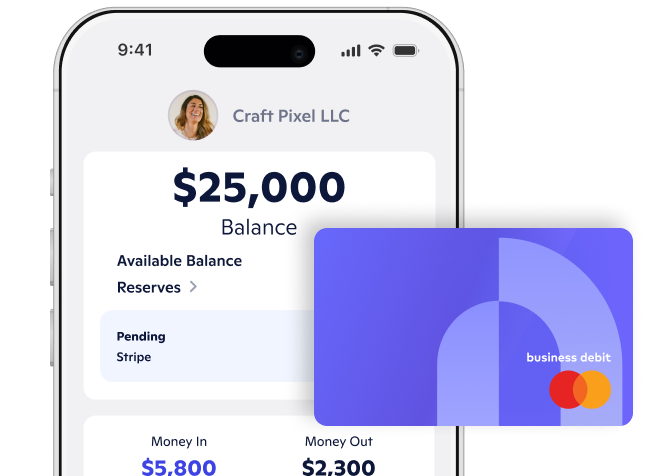
ntrepreneurs who want to start or are currently running their own business tend to question the need for a small business attorney. Yes, these types of professionals may charge seemingly high rates, which may feel like a stretch with your limited budget. However, hiring a business attorney is well worth the investment as it can save you time and money, especially when it comes to preventing potentially serious legal issues down the line. Plus, hiring one doesn’t need to cost an arm and a leg. How do you find a business attorney? We’ll walk you through whether you need a business attorney and how to go about finding the best one that suits your needs if you do.
Are There Tasks I Can Handle On My Own?
The short answer is yes. The longer answer is that there are some tasks that are simple enough to complete on your own and generally don’t require the help of an attorney. Unless you are short on time and would rather hire someone to do them, you can save yourself money by doing them yourself. Here are some examples of tasks that small business owners can tackle on their own:
- Creating a business name
- Writing a business plan
- Creating an operating agreement or shareholder’s agreement for your LLC or legal partnership
- Applying for a business license or permit
- Documenting meeting minutes
- Submitting forms to the IRS
- Applying for an Employer Identification Number (EIN)
- Following federal and state protocols for hiring employees and independent contractors
There are some tasks you can do yourself, but you may want to consider working with an attorney to ensure you’re setting things up right the first time. For instance, you can create your own contracts for vendors, employees, and contractors. However, hiring an attorney to review them could prevent you from getting into potential legal troubles in the future. The same goes for other documentation like updating partnership agreements.
How to Determine if You Need a Small Business Attorney
Your best course of action is to work with a business attorney before you really need one. Sure, the tasks mentioned above you can do on your own, but there are plenty of more complex situations that will require the assistance of an attorney. Besides, focusing on prevention is crucial, especially if hiring one means you’ll decrease the chances of being sued.
Hiring an attorney doesn’t need to cost a lot of money — you can hire one to consult on matters here and there as needed. For instance, if you want to obtain a trademark or patent, hiring a business attorney who specializes in these matters will help protect your business and its creations.
Here are a few examples of more complex challenges you may want to hire a small business attorney for:
- Navigating securities laws and drafting term sheets for the purposes of raising venture capital or selling investors equity in the business
- Working through employment challenges such as current, former, or prospective employee suing based on issues like a hostile work environment or discrimination
- Resolving wrongful termination lawsuits
- Helping to navigate complaints from local, state, or federal government organizations based on violations of laws
- Acquisition of another company and its assets
All of the above scenarios may not be applicable to you, but it’s important to start looking for one anyway so that you’re prepared when you do need one. You can also consider hiring an attorney and coming to a consultation agreement. That way, the attorney is giving your legal guidance after you’ve completed most of the research before completing a business-related task.
How to Find a Business Attorney
Hiring the right attorney is crucial to the livelihood of your business. This person will help guide you through legal issues and save you from doing more financial harm than necessary. Ideally, they’re there to prevent legal issues as well. Use the following steps to guide you to find the right fit for your business needs.
Determine Your Reason For Hiring One
Hiring a small business attorney is similar to hiring an employee for a specific task. Do you want an attorney to help you with employment issues, or someone to help you submit a patent application successfully? Knowing what you want will help you be more efficient when doing your research.
Come Up With a Shortlist of Attorneys
Starting with your professional or personal network for attorney recommendations is a great option. This person may already be working with an attorney that specializes in the same legal concerns you have. You can also reach out to other professionals you've hired such as your accountant. Otherwise, search online legal directories such as your local bar association to vet potential candidates.
Compare by Interviewing Attorneys
Once you have a list, start by contacting these attorneys to set up a consultation meeting. Many will offer a free initial consultation to ensure both of you want to move forward working together. During this call, try to determine if their experience and personality are a good fit. Some questions you can ask include:
- How long have you worked with small businesses?
- How does your fee structure work?
- What is your experience like working with [your legal issue]?
- Will there be any conflicts of interest with my business I need to be aware of?
- How will we communicate?
- Do you have a network of professionals or attorneys to refer me as needed?
By no means is the above list exhaustive, but it will help you get started.
Agree on a Fee Structure
After choosing an attorney, it’s time to come to an agreement about how you’ll come to a fee arrangement. Make sure to get this in writing so you’ll know well ahead of time exactly how much you could be paying. Small business attorneys tend to have the following fee structures:
- Contingent fee: the attorney will only receive a payment if they win a legal case for you
- Flat fee: each task will be charged a one-time fee
- Retainer agreement: you’ll pay a small fee each month in exchange for an agreed amount of work or hours from your attorney
- Equity in the business: you’ll give an attorney a portion of your business equity for legal help, though this arrangement tends to be rare
Save Yourself Time and Money in Your Small Business
You probably don’t need a small business attorney for all business-related tasks, nor legal matters. However, it’s a good idea to hire one if you know it’ll prevent costly issues in the future. When you do need one, you’ll want to have someone you’re ready to hire quickly so you can address whatever issue is on hand efficiently.






